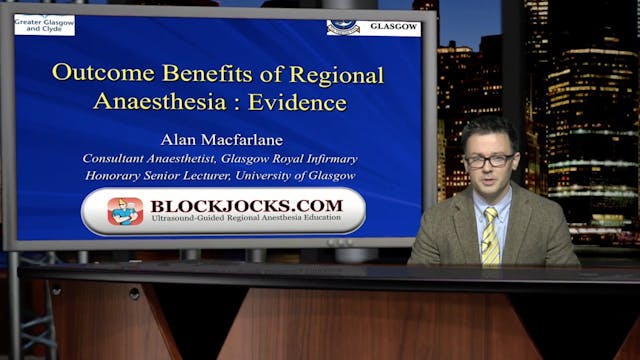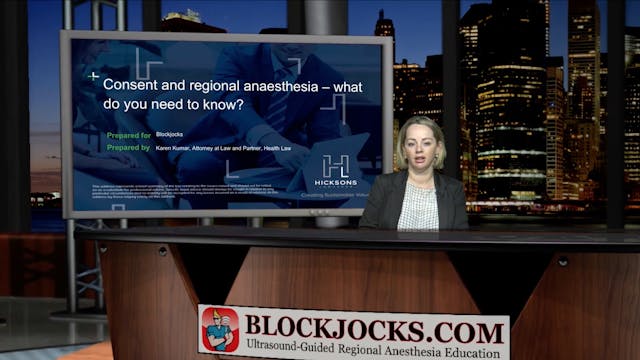Dr. Theresa Bowling, Director of Regional Anesthesia at Integrated Anesthesia Associates Fairfield Division, and President and Founder of SSRA, discusses the use of Rectus Sheath and Quadratus Lumborum (QL) blocks for the management of pain after abdominal surgery.
Dr. Bowling is a native New Yorker but has lived and practiced anesthesiology in Connecticut for over 20 years since she completed her anesthesia residency at Yale New Haven Hospital in 1995. She is the Director of Regional Anesthesia at Integrated Anesthesia Associates Fairfield Division at St. Vincent’s Medical Center in Bridgeport, CT. Dr. Bowling is also the President and Founder of SSRA, a leading provider of training for Regional Anesthesia in the techniques of ultrasound guided nerve blocks and Regional Anesthesia program development in the context of ERAS.
Her special interests include competing in equestrian events in the hunter and jumper arena, skiing, traveling, and being a mom to her two children Avery and Caden.
Please visit https://ssrausa.com for more information regarding upcoming live training seminars. And connect with Dr. Bowling on LinkedIn here: https://www.linkedin.com/in/theresabowling
Up Next in Season 4
-
*NEW* Outcome Benefits of Regional An...
In this video Dr Alan Macfarlane, consultant anaesthetist from Glasgow, UK, describes the potential outcome benefits of regional anaesthesia beyond excellent pain control, and whether these outweigh the risks of regional anesthesia. Read his article on this topic in BJA Education 2018; 18 (2): 52...
-
*NEW* Regional Techniques Below the C...
In this VIP Symposium video Dr. Clara Lobo, an anesthesiology consultant at Hospital das Forças Armadasin in Porto, Portugal, discusses brachial plexus blocks below the clavicle including various approaches to infraclavicular and axillary plexus block. Dr. Lobo presents the main advantages, disad...
-
*NEW* Consent and Regional Anaesthesia
Karen Kumar, a prominent medical malpractice attorney and partner with Hicksons’ Lawyers Health Law Team in New South Wales, Australia, discusses consent and regional anesthesia from a legal perspective. What is required at law for a person to validly consent to a medical procedure is well known ...




2 Comments